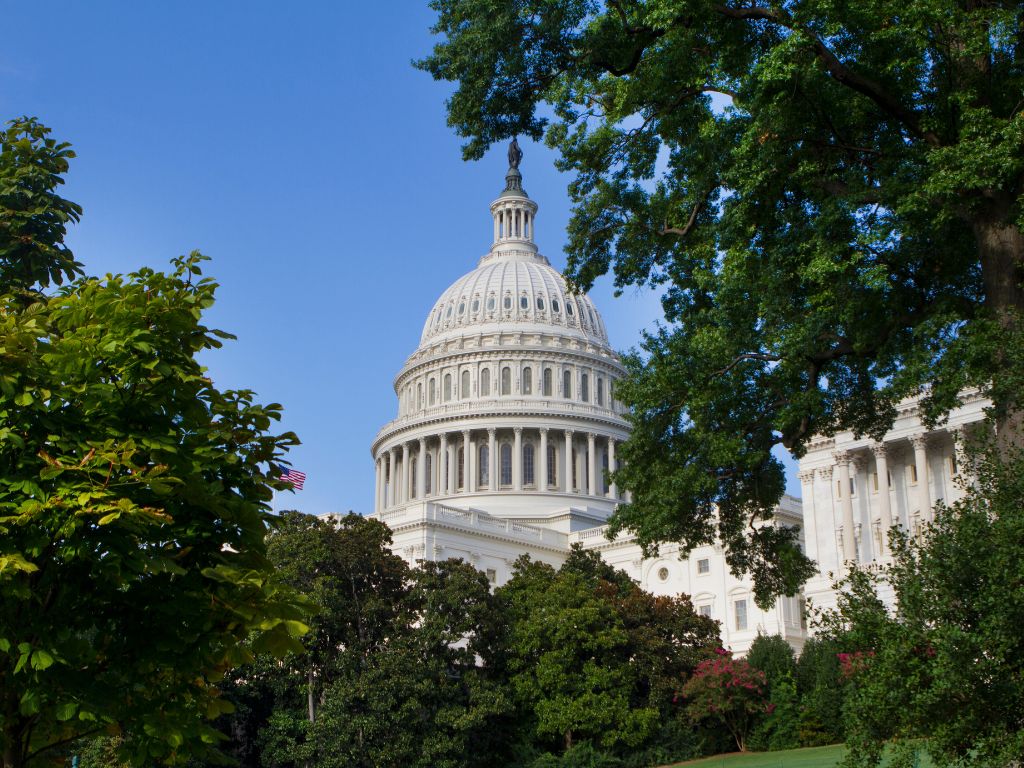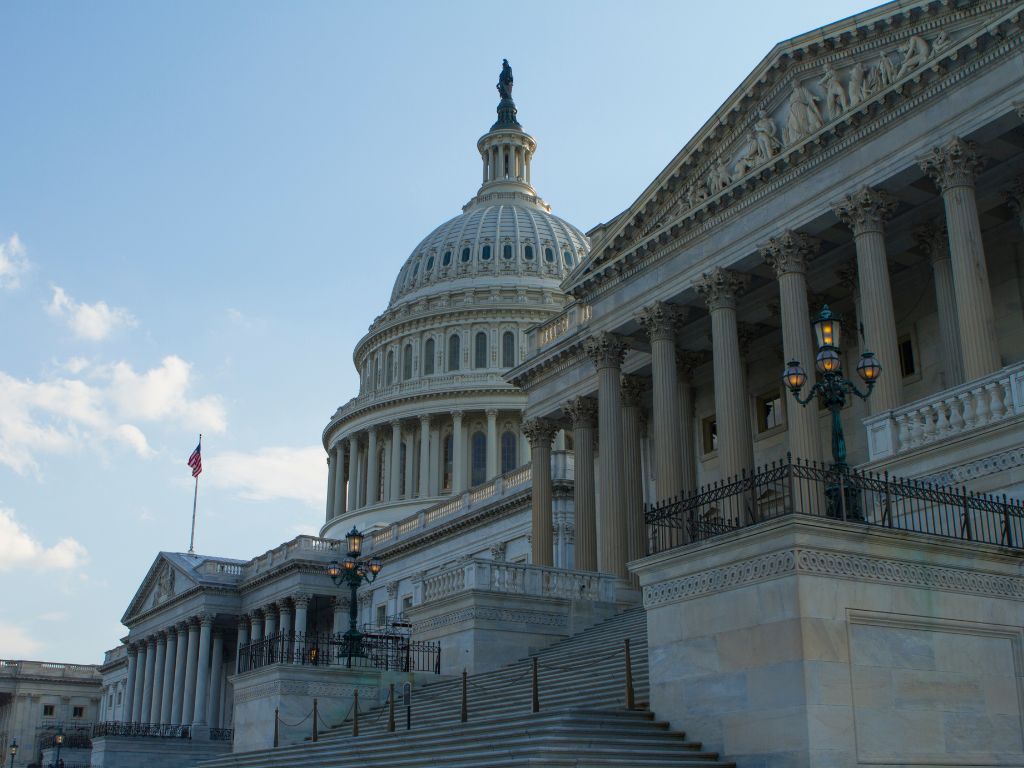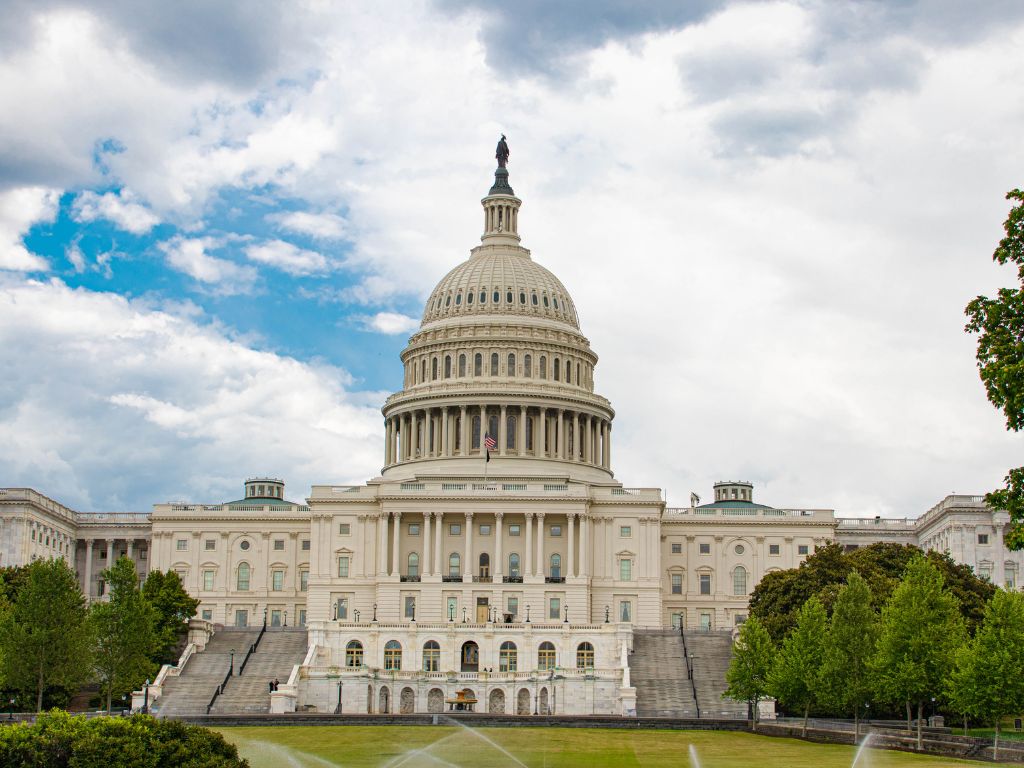Unveiling the Government Procurement Process

The government procurement process is a vital mechanism through which government agencies acquire goods, services, and construction projects from external vendors. Understanding this process is crucial for businesses seeking to compete for government contracts. In this blog, we’ll provide a detailed overview of the government procurement process, covering each stage and offering insights to help […]
Government Bidding: Your FAQ Guide

Government bidding can be a complex and daunting process for businesses seeking to enter the lucrative world of government contracting. To help demystify this process, we’ve compiled a list of frequently asked questions (FAQs) about government bidding. Whether you’re a newcomer or an experienced vendor, these FAQs will provide valuable insights into navigating the intricacies […]
Government Bidding: A Comprehensive Guide

Government bidding, also known as the procurement process, is a fundamental aspect of how government agencies acquire goods and services from external vendors. Understanding the intricacies of government bidding is essential for businesses looking to secure contracts in the public sector. In this blog, we will delve into what bidding entails, how it works, and […]
FAQs About Request For Proposal Consulting

Request for Proposal (RFP) consulting plays a pivotal role in helping organizations navigate the complexities of the government contracting process and secure valuable contracts. However, navigating the world of RFP consulting may raise several questions. In this blog, we address frequently asked questions (FAQs) about RFP consulting, providing clarity and insights into its significance, process, […]
The Benefits of Request For Proposal Consulting

In the competitive landscape of government contracting, securing lucrative contracts through the Request for Proposal (RFP) process requires strategic acumen, meticulous planning, and expert execution. This is where Request for Proposal (RFP) consulting emerges as a valuable resource for organizations seeking to maximize their success in the government marketplace. Join us as we delve into […]
What is Request For Proposal Consulting?

In the realm of government contracting, the Request for Proposal (RFP) serves as a critical document that outlines project requirements, evaluation criteria, and contract terms. Navigating the intricacies of RFPs requires expertise and strategic insight, making RFP consulting an invaluable resource for organizations vying for government contracts. Join us as we delve into the world […]
Government Proposal Support: Frequently Asked Questions

As organizations navigate the intricate landscape of government contracting, questions often arise about the role and value of government proposal support. To shed light on this critical aspect of the proposal development process, we’ve compiled a list of frequently asked questions (FAQs) to address common queries and provide clarity on the benefits and intricacies of […]
Why a Company Should Consider On-Demand Strategic Pricing

For companies navigating resource constraints and operational challenges, opting for an on-demand strategic pricing service model rather than an in-house approach can be a game-changer. It can significantly influence a company’s competitiveness, profitability, and overall market positioning in three key areas – expertise and specialization, cost efficiency and flexibility, and strategic focus and adaptability. Expertise […]
The Benefits of Government Proposal Support

In the dynamic landscape of government contracting, securing lucrative contracts requires more than just a compelling proposal— it demands strategic insight, meticulous planning, and expert execution. This is where government proposal support steps in, offering a range of invaluable services aimed at empowering organizations to navigate complexities and emerge victorious. Join us as we delve […]
Elevating Your Success with Government Proposal Support

In the intricate landscape of government contracting, having robust government proposal support can be the key to unlocking success. From navigating complex solicitations to crafting compelling proposals, the right support can make all the difference. Join us as we delve into the transformative power of proposal support and its seven pivotal roles in driving your […]
